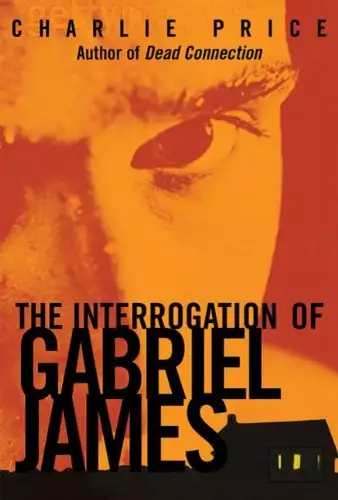1
We hope you are enjoying the book so far. To continue reading...
The Interrogation of Gabriel James
Charlie Price
Copyright © 2026 All Rights Reserved
Close
